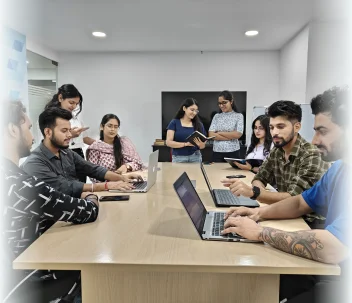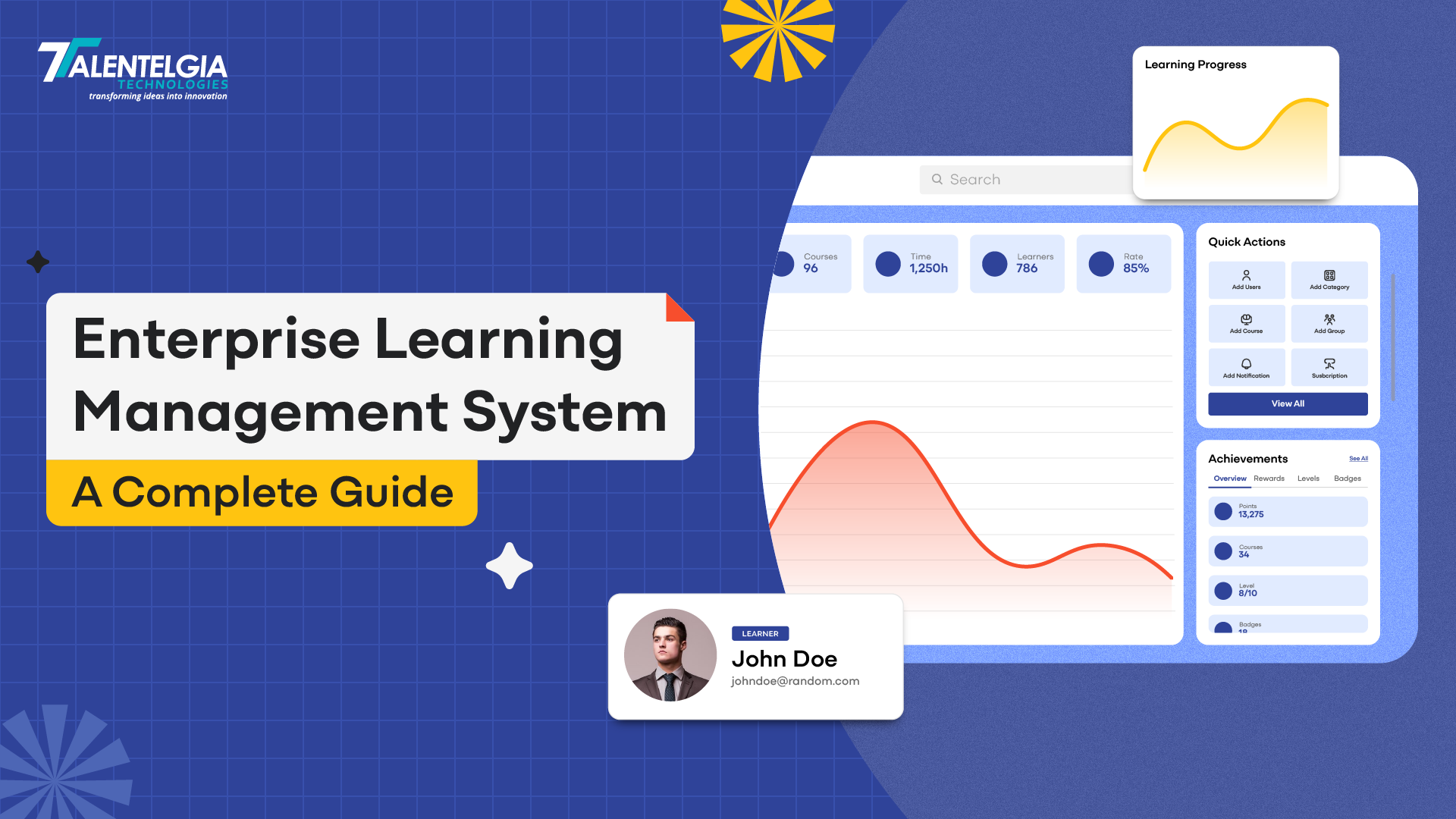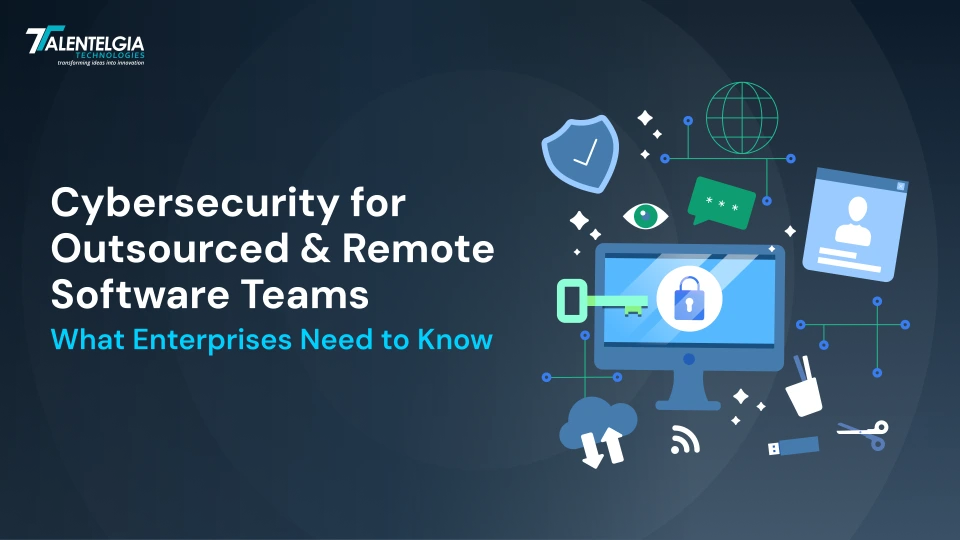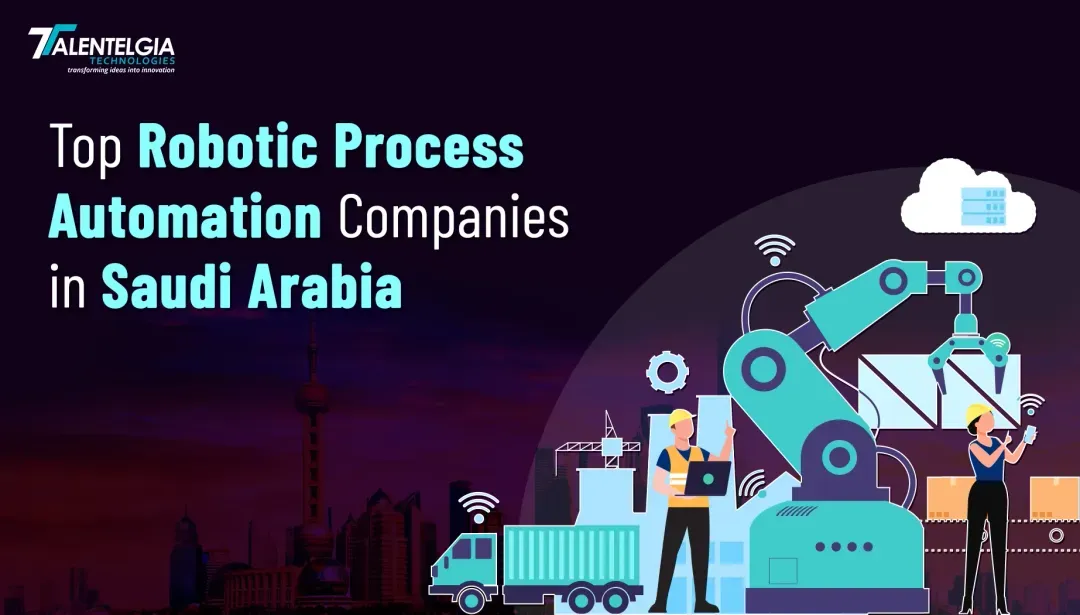In today’s rapidly evolving digital landscape, custom software development has become a crucial aspect of business success. Whether you’re a startup aiming to disrupt the market or an established enterprise looking to streamline operations, developing custom software tailored to your unique needs can provide a competitive edge.
However, the process of transforming an idea into a fully functional software solution requires careful planning and execution. In this article, we will explore the seven essential steps involved in developing custom software, from discussing requirements to implementing and launching the final product.
Steps to Custom Software Development
Gathering Stakeholder Input and Analyzing Business Needs
Before embarking on any software development project, it’s essential to have a clear understanding of the requirements and project scope. This involves engaging with stakeholders, including business owners, managers, and end-users, to gather their input and insights.
By analyzing business needs and objectives, developers can define the project’s scope, identify key functionalities, and prioritize development efforts.
Defining Functional and Non-Functional Requirements
Once the stakeholders’ input is collected, the next step is to define both functional and non-functional requirements. Functional requirements outline the specific features and capabilities the software should offer, while non-functional requirements focus on aspects like performance, security, scalability, and user experience.
Properly defining these requirements helps ensure that the software meets the desired goals and aligns with the overall business strategy.
Creating the System Architecture
Designing the software involves creating a system architecture that outlines the overall structure and components of the application. The architecture serves as a blueprint for developers, guiding them in building the software and ensuring its scalability, maintainability, and extensibility.
By carefully considering factors such as data flow, user interfaces, and integration with other systems, the design phase lays the foundation for a successful implementation.
User Interface (UI) and User Experience (UX) Design
An intuitive and user-friendly interface is crucial for the success of any software application. During the UI/UX design phase, designers focus on creating an appealing visual layout, easy-to-navigate menus, and seamless interactions.
By incorporating user-centered design principles and conducting usability testing, developers can ensure that the software provides a positive and efficient user experience.
Writing Clean and Efficient Code
Once the design is finalized, developers move on to the coding phase. Writing clean and efficient code is essential for ensuring the software’s performance, maintainability, and future scalability.
Following coding best practices, using appropriate coding standards, and leveraging modular and reusable components can contribute to the development of high-quality software.
Agile Development and Iterative Approach
Adopting an agile development methodology, such as Scrum or Kanban, allows for iterative development and frequent feedback cycles. Breaking down the project into smaller tasks and working in sprints enables developers to deliver incremental updates and gather valuable insights along the way.
This iterative approach facilitates flexibility and adaptability, ensuring that the software evolves based on user feedback and changing requirements.
Unit Testing and Integration Testing
Thoroughly testing the software is crucial to identify and fix any defects or issues before the final deployment. Unit testing involves testing individual software components to ensure they function as intended.
Integration testing verifies the interaction between different modules or subsystems of the software, ensuring seamless integration and proper data flow.
System Testing and User Acceptance Testing (UAT)
System testing involves evaluating the entire software system as a whole, ensuring that all components work together harmoniously. User Acceptance Testing (UAT) involves involving end-users in testing the software to ensure it meets their needs and expectations.
This testing phase helps uncover any potential usability issues or discrepancies between the software and user requirements.
Deployment Planning and Configuration
Before deploying the software, developers must carefully plan the deployment process. This includes determining the target environment, configuring necessary infrastructure, and ensuring compatibility with existing systems.
Thorough deployment planning minimizes downtime and disruption to the business operations during the transition phase.
Final Testing and Quality Assurance
Before the software goes live, a final round of testing and quality assurance is essential. This ensures that any last-minute issues or bugs are identified and resolved, guaranteeing a smooth launch.
Rigorous testing and quality assurance processes instill confidence in the software’s stability and reliability.
Software Launch and Post-Launch Monitoring
After successful testing and quality assurance, it’s time to launch the software. This involves making it available to end-users and providing any necessary training or support.
Additionally, post-launch monitoring helps track the software’s performance, identify areas for improvement, and address any emerging issues promptly.
Conclusion
Developing custom software requires a systematic and well-defined approach. By following the seven essential steps we discussed, businesses can bring their ideas to life and create software solutions that drive growth and efficiency. From discussing requirements and defining project scope to implementing, testing, and deploying the final product, each step plays a vital role in the development journey.
Custom software development services, when tailored to the unique needs of a business, have the potential to revolutionize operations, enhance customer experiences, and unlock new opportunities in today’s digital age.
Partnering with Talentelgia means you’ll have a dedicated team working closely with you, providing regular updates and incorporating your feedback throughout the development cycle. We prioritize communication, transparency, and collaboration to ensure a seamless and successful software development journey.
So why wait? Take your business to new heights with custom software solutions from Talentelgia. Contact us today and let us help you turn your ideas into reality.


 Healthcare App Development Services
Healthcare App Development Services
 Real Estate Web Development Services
Real Estate Web Development Services
 E-Commerce App Development Services
E-Commerce App Development Services E-Commerce Web Development Services
E-Commerce Web Development Services Blockchain E-commerce Development Company
Blockchain E-commerce Development Company
 Fintech App Development Services
Fintech App Development Services Fintech Web Development
Fintech Web Development Blockchain Fintech Development Company
Blockchain Fintech Development Company
 E-Learning App Development Services
E-Learning App Development Services
 Restaurant App Development Company
Restaurant App Development Company
 Mobile Game Development Company
Mobile Game Development Company
 Travel App Development Company
Travel App Development Company
 Automotive Web Design
Automotive Web Design
 AI Traffic Management System
AI Traffic Management System
 AI Inventory Management Software
AI Inventory Management Software
 AI Software Development
AI Software Development  AI Development Company
AI Development Company  AI App Development Services
AI App Development Services  ChatGPT integration services
ChatGPT integration services  AI Integration Services
AI Integration Services  Generative AI Development Services
Generative AI Development Services  Natural Language Processing Company
Natural Language Processing Company Machine Learning Development
Machine Learning Development  Machine learning consulting services
Machine learning consulting services  Blockchain Development
Blockchain Development  Blockchain Software Development
Blockchain Software Development  Smart Contract Development Company
Smart Contract Development Company  NFT Marketplace Development Services
NFT Marketplace Development Services  Asset Tokenization Company
Asset Tokenization Company DeFi Wallet Development Company
DeFi Wallet Development Company Mobile App Development
Mobile App Development  IOS App Development
IOS App Development  Android App Development
Android App Development  Cross-Platform App Development
Cross-Platform App Development  Augmented Reality (AR) App Development
Augmented Reality (AR) App Development  Virtual Reality (VR) App Development
Virtual Reality (VR) App Development  Web App Development
Web App Development  SaaS App Development
SaaS App Development Flutter
Flutter  React Native
React Native  Swift (IOS)
Swift (IOS)  Kotlin (Android)
Kotlin (Android)  Mean Stack Development
Mean Stack Development  AngularJS Development
AngularJS Development  MongoDB Development
MongoDB Development  Nodejs Development
Nodejs Development  Database Development
Database Development Ruby on Rails Development
Ruby on Rails Development Expressjs Development
Expressjs Development  Full Stack Development
Full Stack Development  Web Development Services
Web Development Services  Laravel Development
Laravel Development  LAMP Development
LAMP Development  Custom PHP Development
Custom PHP Development  .Net Development
.Net Development  User Experience Design Services
User Experience Design Services  User Interface Design Services
User Interface Design Services  Automated Testing
Automated Testing  Manual Testing
Manual Testing  Digital Marketing Services
Digital Marketing Services 
 Ride-Sharing And Taxi Services
Ride-Sharing And Taxi Services Food Delivery Services
Food Delivery Services Grocery Delivery Services
Grocery Delivery Services Transportation And Logistics
Transportation And Logistics Car Wash App
Car Wash App Home Services App
Home Services App ERP Development Services
ERP Development Services CMS Development Services
CMS Development Services LMS Development
LMS Development CRM Development
CRM Development DevOps Development Services
DevOps Development Services AI Business Solutions
AI Business Solutions AI Cloud Solutions
AI Cloud Solutions AI Chatbot Development
AI Chatbot Development API Development
API Development Blockchain Product Development
Blockchain Product Development Cryptocurrency Wallet Development
Cryptocurrency Wallet Development About Talentelgia
About Talentelgia  Our Team
Our Team  Our Culture
Our Culture 
 Healthcare App Development Services
Healthcare App Development Services Real Estate Web Development Services
Real Estate Web Development Services E-Commerce App Development Services
E-Commerce App Development Services E-Commerce Web Development Services
E-Commerce Web Development Services Blockchain E-commerce
Development Company
Blockchain E-commerce
Development Company Fintech App Development Services
Fintech App Development Services Finance Web Development
Finance Web Development Blockchain Fintech
Development Company
Blockchain Fintech
Development Company E-Learning App Development Services
E-Learning App Development Services Restaurant App Development Company
Restaurant App Development Company Mobile Game Development Company
Mobile Game Development Company Travel App Development Company
Travel App Development Company Automotive Web Design
Automotive Web Design AI Traffic Management System
AI Traffic Management System AI Inventory Management Software
AI Inventory Management Software AI Software Development
AI Software Development AI Development Company
AI Development Company ChatGPT integration services
ChatGPT integration services AI Integration Services
AI Integration Services Machine Learning Development
Machine Learning Development Machine learning consulting services
Machine learning consulting services Blockchain Development
Blockchain Development Blockchain Software Development
Blockchain Software Development Smart contract development company
Smart contract development company NFT marketplace development services
NFT marketplace development services IOS App Development
IOS App Development Android App Development
Android App Development Cross-Platform App Development
Cross-Platform App Development Augmented Reality (AR) App
Development
Augmented Reality (AR) App
Development Virtual Reality (VR) App Development
Virtual Reality (VR) App Development Web App Development
Web App Development Flutter
Flutter React
Native
React
Native Swift
(IOS)
Swift
(IOS) Kotlin (Android)
Kotlin (Android) MEAN Stack Development
MEAN Stack Development AngularJS Development
AngularJS Development MongoDB Development
MongoDB Development Nodejs Development
Nodejs Development Database development services
Database development services Ruby on Rails Development services
Ruby on Rails Development services Expressjs Development
Expressjs Development Full Stack Development
Full Stack Development Web Development Services
Web Development Services Laravel Development
Laravel Development LAMP
Development
LAMP
Development Custom PHP Development
Custom PHP Development User Experience Design Services
User Experience Design Services User Interface Design Services
User Interface Design Services Automated Testing
Automated Testing Manual
Testing
Manual
Testing About Talentelgia
About Talentelgia Our Team
Our Team Our Culture
Our Culture

















 Write us on:
Write us on:  Business queries:
Business queries:  HR:
HR: 




